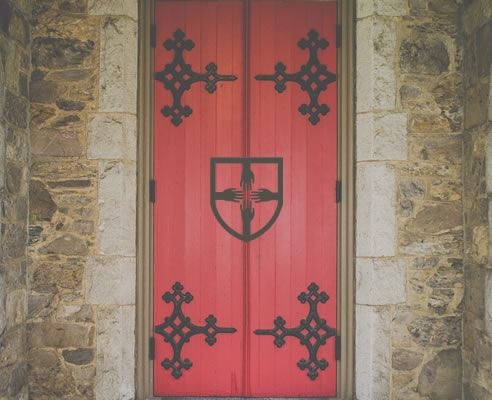
Elizabeth Kemp, Bradley Cooper’s inspiring teacher at the Actor’s Studio, told him that “All that stuff you’ve always been ashamed of, you’re now going to turn that into your art, and it’s going to heal you, and also make it meaningful, and a productive thing.’”1
Cooper is an auteur – a filmmaker distinguished by an uncompromising artistic vision and style. Without using the word, Taffy Brodesser-Akner framed her NY Time s profile interview of Cooper on the vision and the craft behind “A Star Is Born”2 around his refusal to discuss his choices, and thus allow her to interpret them or to “speak for” and about him, since the film itself is his statement. He was not ungenerous, or unkind, not at all a jerk, but Cooper’s personal and professional boundaries, his discipline and principles are a way of life.
Cooper is a sober 12-stepper. We too know about making all that “stuff”, all that shame meaningful. The Time’s writer’s narrative describes a man living in a state of grace: gifted, diligent and discerning. Cooper may be a control freak, but his controlling behavior derives from a sense of duty toward the vision, the work and his collaborators. Early on, he reminded his mentor Kemp of Elia Kazan who only wanted to work with people who make their work the most important thing in their lives. Same goes for people who do the work of recovery.
“If you want what we have and are willing to go to any lengths to get it…”3 I’m a fan of Bradley Cooper. I want to be like him. I want to take myself seriously, because as a child of God, I’ve been given life in birth, in baptism, in recovery. Family, friends, colleagues, and fellow recoverers all enrich my life, widen my range and raise my game.
Pedro Arrupe, S.J. famously wrote that “nothing is more important than finding God, that is, falling in love… so, fall in love, stay in love and it will decide everything.”4
Bradley Cooper is sober and in love. Of course he’s a mega-star, shining in graced sobriety. Yeah.
1 “Bradley Cooper Is Not Really Into This Profile”, Taffy Brodesser-Akner, New York Times, 9/27/2018
2 “A Star Is Born” 2018, Warner Bros. and MGM Bradley Cooper Producer/Director/Screenwriter/Actor
3 Alcoholics Anonymous (Big Book), p 58, AA World Services, Fourth Edition, 2002
4 Pedro Arrupe Finding God, Finding God in All Things: A Marquette Prayer Book © 2009 Marquette University Press.
Finding God
Nothing is more practical than finding God,
that is, than falling in love in a quite absolute, final way.
What you are in love with, what seizes your imagination
will affect everything.
It will decide what will get you out of bed in the morning,
what you do with your evenings,
how you spend your weekends,
what you read,
whom you know,
what breaks your heart,
what amazes you with joy and gratitude.
Fall in love, stay in love
and it will
decide everything.
Pedro Arrupe, SJ
 In the early days of the Church, when the front door of the parish was painted red it was said to signify sanctuary – that the ground beyond these doors was holy, and anyone who entered through them was safe from harm.
In the early days of the Church, when the front door of the parish was painted red it was said to signify sanctuary – that the ground beyond these doors was holy, and anyone who entered through them was safe from harm.